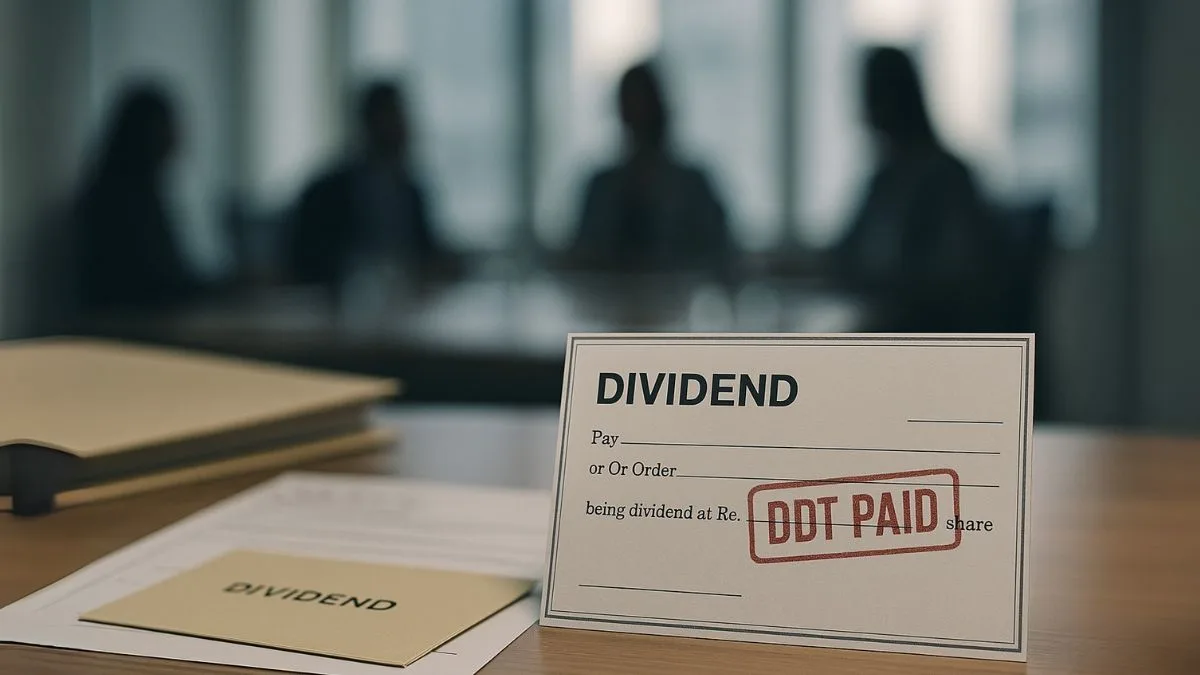
The Indian Income Tax Act, 1961 includes several anti-abuse provisions, & Section 56(2)(vii) is one of the most significant. It targets the taxability of certain receipts without consideration or for inadequate consideration, especially when it comes to shares issued at a premium.
What is Section 56(2)(vii) of the Income Tax Act?
In simple terms, Section 56(2)(vii) of the Income Tax Act deals with the taxability of gifts or money/property received without or for insufficient consideration by individuals or Hindu Undivided Families (HUFs). However, over time, this section has also evolved to include transactions that involve the issue of shares at a premium by closely held companies.
Applicability: When and to Whom?
This section is applicable when a company receives consideration for issuing equity shares, & the amount received exceeds the fair market value (FMV) of such shares. In such cases, the excess amount is taxed as “Income from Other Sources” under Section 56(2)(vii). Essentially, the provision levies tax on the company that has issued such shares.”
Objective of the Law
This law aims to curb tax evasion & money laundering, which may happen by manipulating share prices. When a company receives investments at a price far higher than the actual value of the shares, it raises red flags. That’s why Section 56(2)(vii) plays a crucial role in ensuring transparency in consideration received for the issue of shares at a premium.”
How is the Tax Calculated?
Let’s say a company issues shares at ₹500 each, but the fair market value (FMV) of each share is ₹300. If an investor buys 1,000 shares, the company receives ₹5,00,000, while the FMV is only ₹3,00,000. As per Section 56(2)(vii), the excess ₹2,00,000 will be treated as income & taxed accordingly.
Exceptions to the Rule
Not all share premiums are taxed under this section. The provision does not apply to investments made by venture capital funds, SEBI-registered funds, or in cases where consideration is received from non-residents. These exceptions are given keeping in mind the encouragement of the startup & FDI ecosystems.
Link with Section 56(2)(viib)
Many people confuse Section 56(2)(vii) with Section 56(2)(viib). While both sections deal with taxing unexplained premiums, Section 56(2)(viib) specifically applies to closely held companies issuing shares at a premium to resident investors, whereas Section 56(2)(vii) originally applied to gifts & other transactions for individuals & HUFs. The logic is similar, but with different recipients.
Penalty for Non-Compliance
Non-compliance can lead to tax demand, interest, and penalty under various provisions of the Income Tax Act. Companies issuing shares at a premium must maintain proper valuation reports & justify the fair market value (FMV) using prescribed methods like DCF (Discounted Cash Flow) or Net Asset Value method.
Before issuing shares at a premium, consult a professional to ensure you're not inviting tax under Section 56(2)(vii). Need help with valuations or compliance? Let our experts assist you.
👉 Get your startup or company assessed right at Callmyca.com – because tax mistakes are expensive, but our service isn’t!











